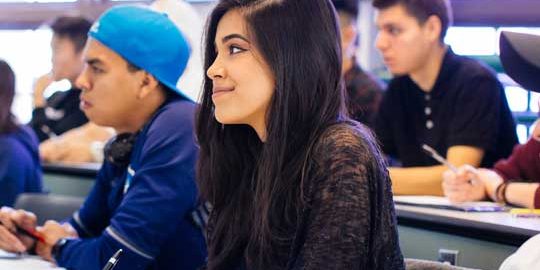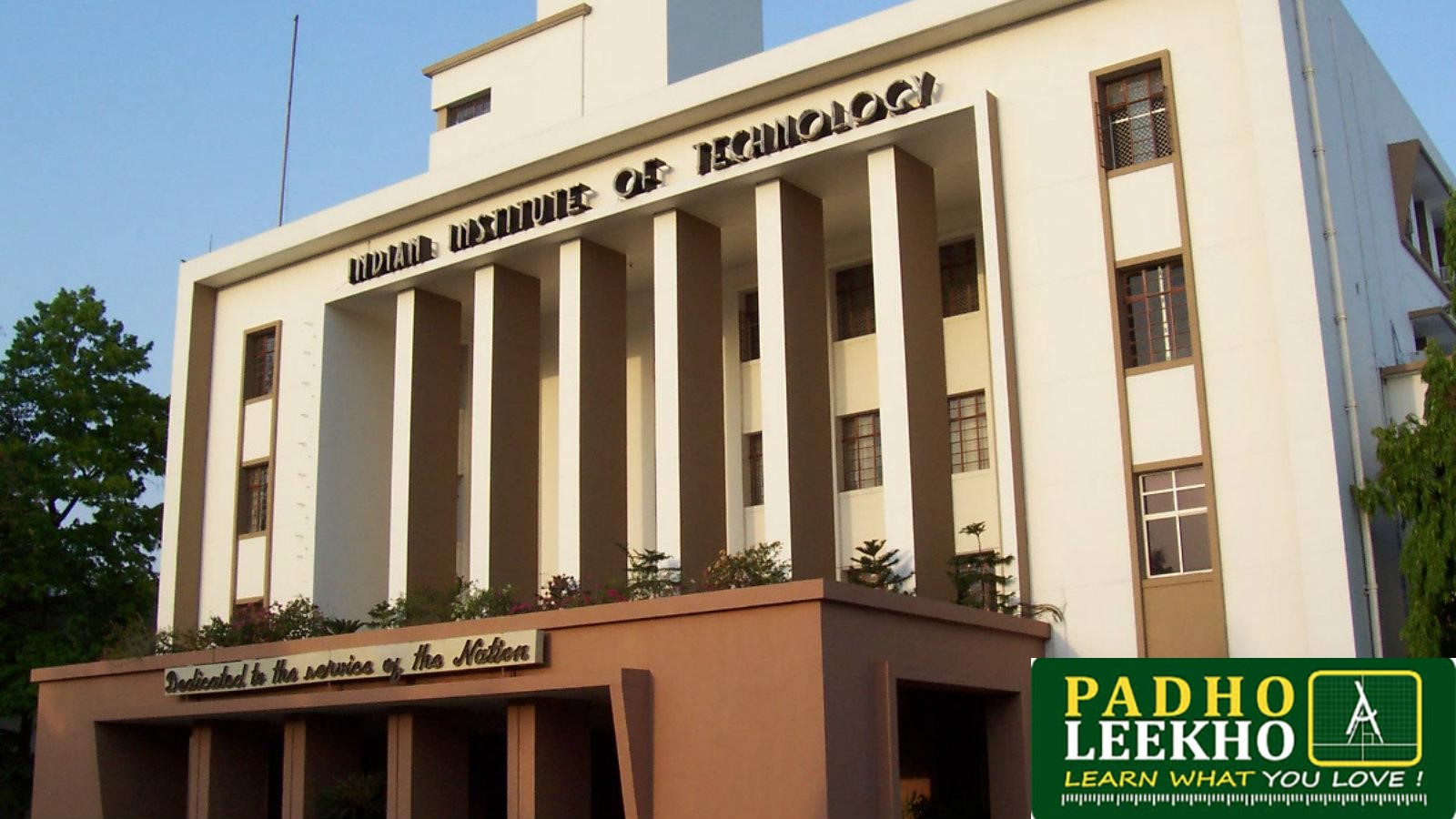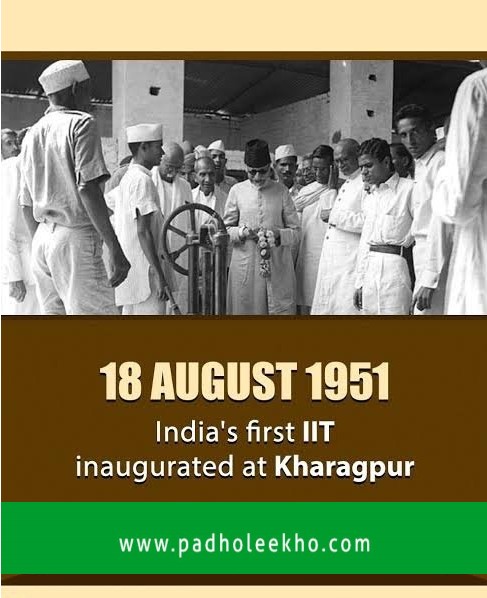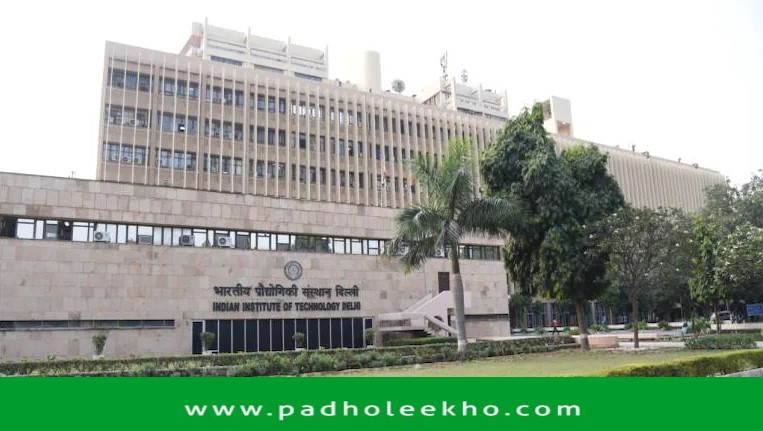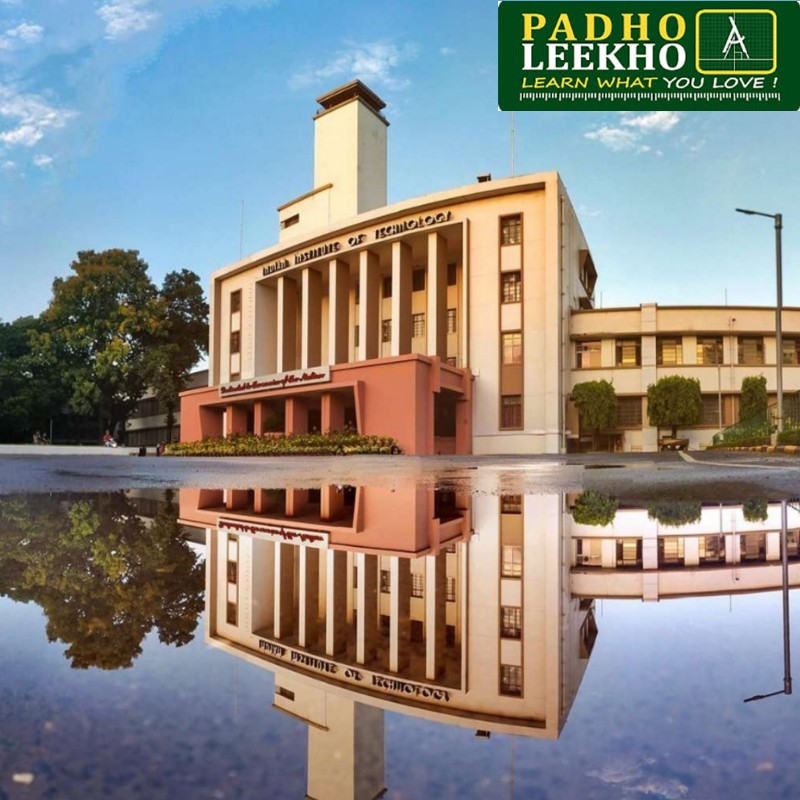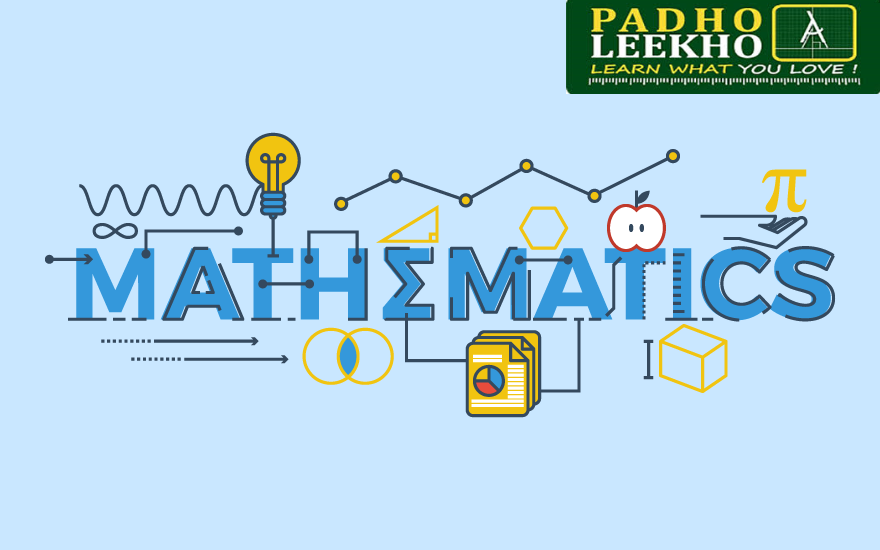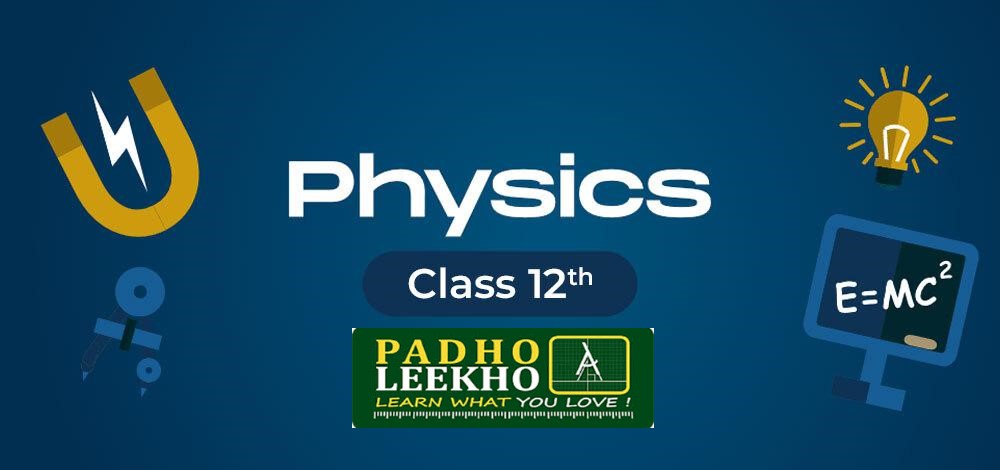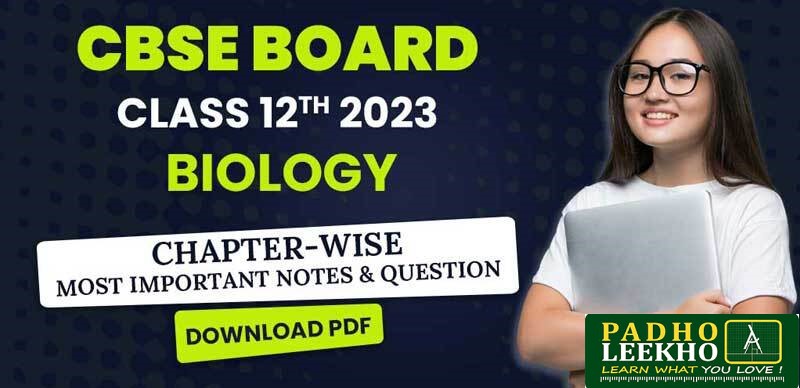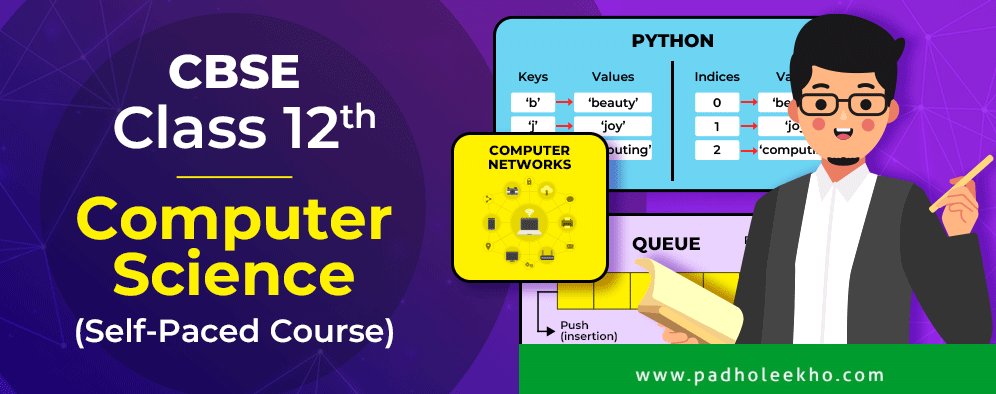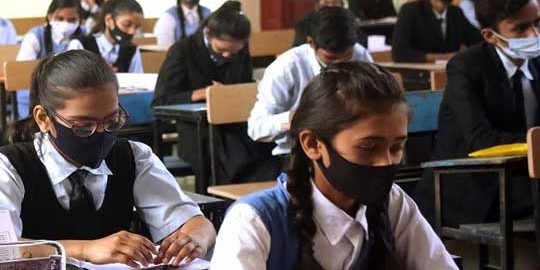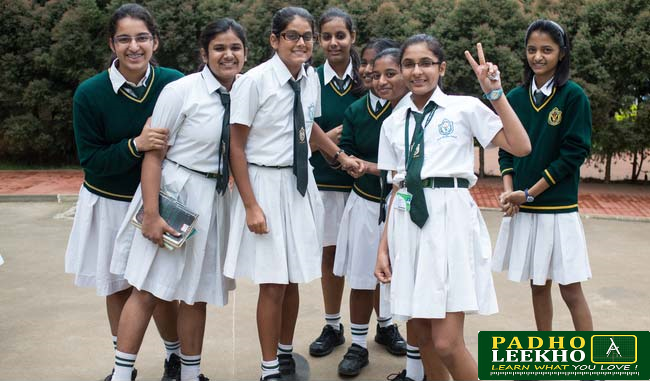The Indian Certificate of Secondary Education (ICSE) is an examination conducted by the Council for the Indian School Certificate Examinations (CISCE), a private, non-governmental board of school education in India.
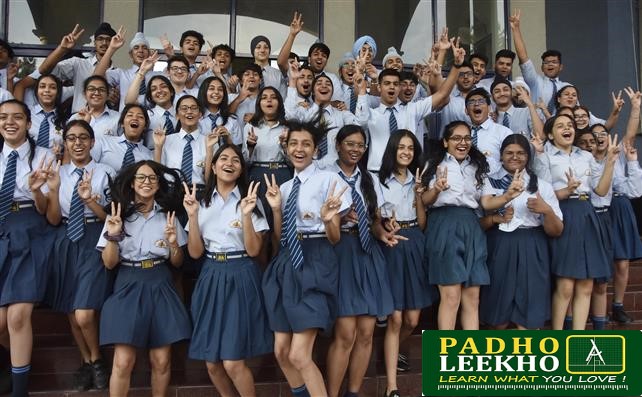
Information about the ICSE board and its functions:
- Establishment: The Council for the Indian School Certificate Examinations (CISCE) was established in 1958, and it is headquartered in New Delhi, India.
2. Curriculum: The ICSE board offers a comprehensive and balanced curriculum that aims to provide a strong foundation in English and emphasizes a holistic approach to education. It includes a wide range of subjects, including languages, sciences, mathematics, social sciences, and arts.
3. Examinations: The primary function of the ICSE board is to conduct the ICSE (Indian Certificate of Secondary Education) examination for Class 10 students and the ISC (Indian School Certificate) examination for Class 12 students. These examinations are usually held in February/March and are considered among the most rigorous and competitive board exams in India.
4. Recognition: The ICSE and ISC certificates are recognized by various educational institutions in India and abroad. Many schools affiliated with the ICSE board have a reputation for providing a high-quality education.
5. Holistic Education: The ICSE board focuses on holistic education, which means not just academic excellence but also the development of a student’s personality, creativity, critical thinking, and moral values.
6. English-Medium: ICSE is primarily an English-medium board, and English is the medium of instruction for most subjects. However, students are also required to study an additional language and can choose from a list of options.

7. Affiliation: Schools that want to be affiliated with the ICSE board must adhere to the board’s rules and curriculum guidelines. They must also meet certain infrastructure and faculty requirements.
8. Assessment: The ICSE board assesses students through a combination of internal assessments and external examinations. This approach is meant to reduce the emphasis on rote learning and encourage a deeper understanding of subjects.
9. Flexible Subject Options: The board provides students with a degree of flexibility in choosing subjects, allowing them to explore their interests and strengths.
10. Standardization: The ICSE board sets high standards for education and strives for uniformity in the quality of education provided by its affiliated schools.
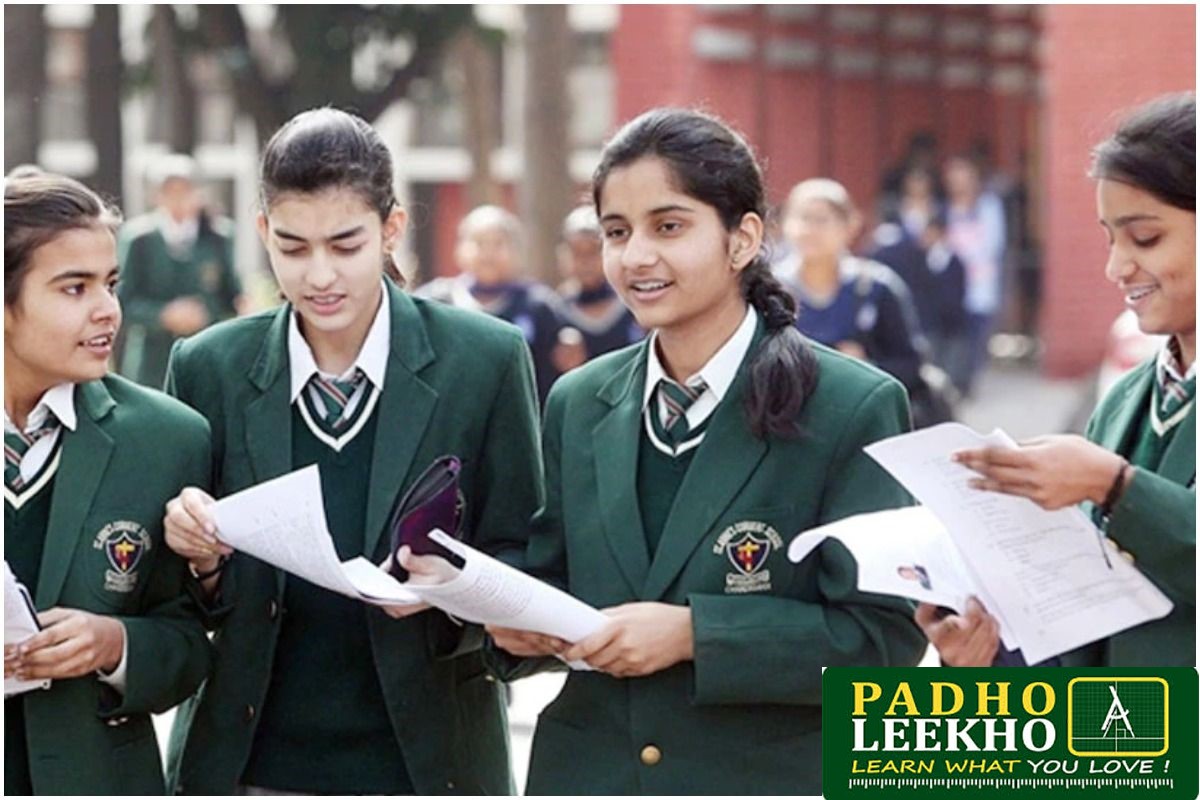
Overview of the ICSE exam pattern:
1. Subjects: Students appearing for the ICSE examination are required to study a set of compulsory subjects, which typically include English, a second language (e.g., Hindi, French, or other regional languages), Mathematics, Science (Physics, Chemistry, Biology), and Social Studies (History, Geography, and Civics). In addition to these, students have the option to choose elective subjects.
2. Internal Assessment: Internal assessment is a significant component of the ICSE examination. Each subject usually includes a project, practical work, or coursework that is evaluated internally by the school. The school conducts and assesses these components, and the marks are submitted to the board. The weightage of internal assessment varies from subject to subject.
3. External Examinations: The ICSE board conducts external examinations in each subject at the end of the academic year. These external exams are written exams, and they typically take place in February/March for Class 10 students.
4. Question Paper Pattern: The question papers for ICSE examinations are designed to test students’ understanding of the subjects. The papers are structured to include a variety of question types, such as multiple-choice questions, short-answer questions, essay-type questions, and practical exams (where applicable).
5. Practical Examinations: In subjects like Science, students are required to appear for practical examinations, which are usually held in their respective schools. These practical exams test the practical skills and understanding of laboratory work.
6. Passing Criteria: To pass the ICSE examination, a student needs to obtain a passing grade in at least five subjects, including English. In addition, students are required to pass in a second language, which is usually studied as a compulsory subject.
7. Grading System: The ICSE board uses a 7-point grading system. The grading system ranges from A (highest) to G (lowest). The grading system helps in providing a qualitative assessment of a student’s performance rather than just marks.
8. Results: After the examinations are completed, the ICSE board releases the results, including detailed mark sheets and grade reports.
9. Elective Subjects: In addition to the core subjects, students have the flexibility to choose elective subjects based on their interests. These can include subjects like Computer Science, Economics, Music, Art, and more.
10. Duration: The ICSE examination for Class 10 typically lasts for about two weeks in February/March.
11. Pass Certificates: After successfully completing the ICSE examination, students are awarded an ICSE Pass Certificate, which is recognized by educational institutions across India and in some international schools.
The popular ICSE books and publishers for various subjects:
1. English:
- “Treasure Trove: A Collection of ICSE Poems and Short Stories” by Evergreen Publications
- “A Collection of Short Stories & Poems” by Goyal Brothers Prakashan
- “Total English for Class 10” by Morning Star
2. Mathematics:
- “ICSE Mathematics for Class 10” by Selina Publishers
- “Concise Mathematics Class 10” by R.S. Aggarwal
- “ML Aggarwal ICSE Mathematics for Class 10”

3. Science:
- “Concise Physics, Chemistry, and Biology for ICSE Class 10” by Selina Publishers
- “ICSE Biology Class 10” by Evergreen Publications
- “ICSE Chemistry Class 10” by S. Chand
4. History and Civics:
- “ICSE History & Civics for Class 10” by Avichal Publishing Company
- “Concise History and Civics Class 10” by R. P. Rungta
5. Geography:
- “ICSE Geography for Class 10” by Oxford University Press
- “Concise Geography Class 10” by R. K. Jain

6. Computer Science:
- “A New Approach to ICSE Computer Applications for Class 10” by Goyal Brothers Prakashan
- “Understanding Computer Applications with BlueJ for ICSE Class X” by Pearson
7. Hindi:
- “Gadya Sankalan” by Rachna Sagar
- “Sahitya Sagar” by Evergreen Publications
8. Environmental Science:
- “ICSE Environmental Science” by Selina Publishers
- “ICSE Environmental Education for Class 10” by Goyal Brothers Prakashan
9. Art and Craft:
- “Art & Craft Work Experience” by Frank Brothers
10. Physical Education:
- “Together with ICSE Physical Education for Class 10” by Rachna Sagar
11. Economics:
- “ICSE Economics” by Ratna Sagar

